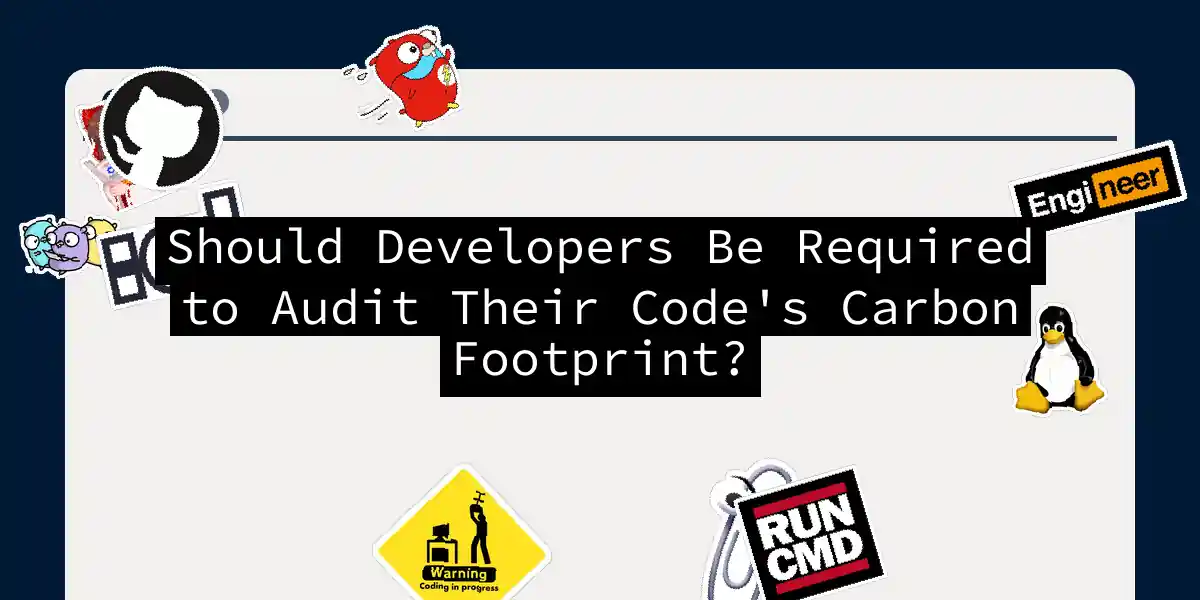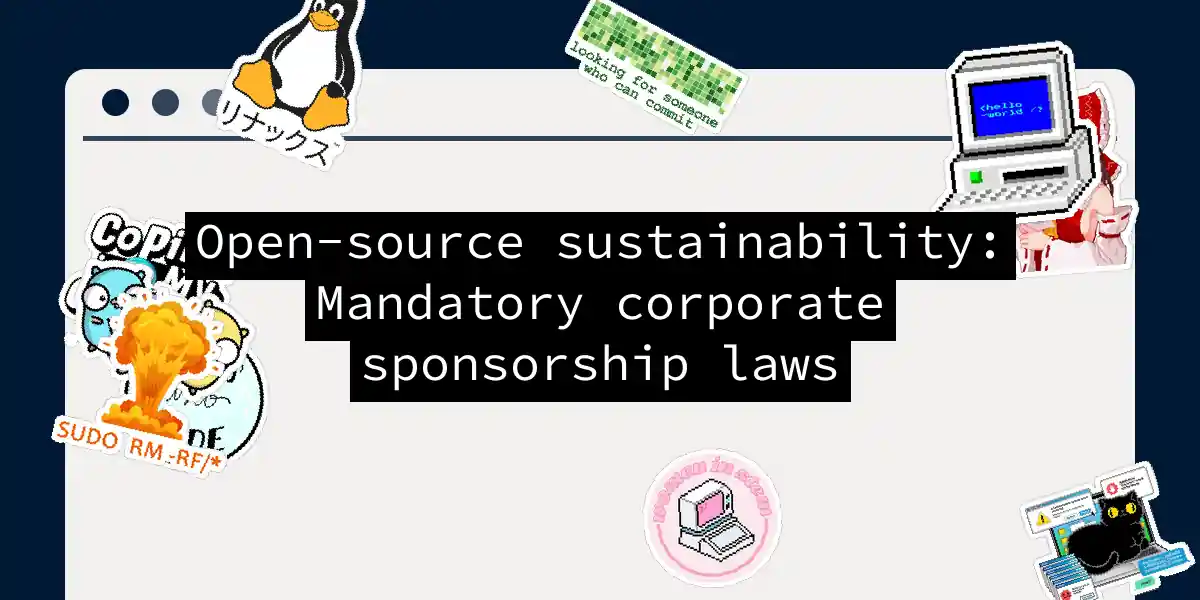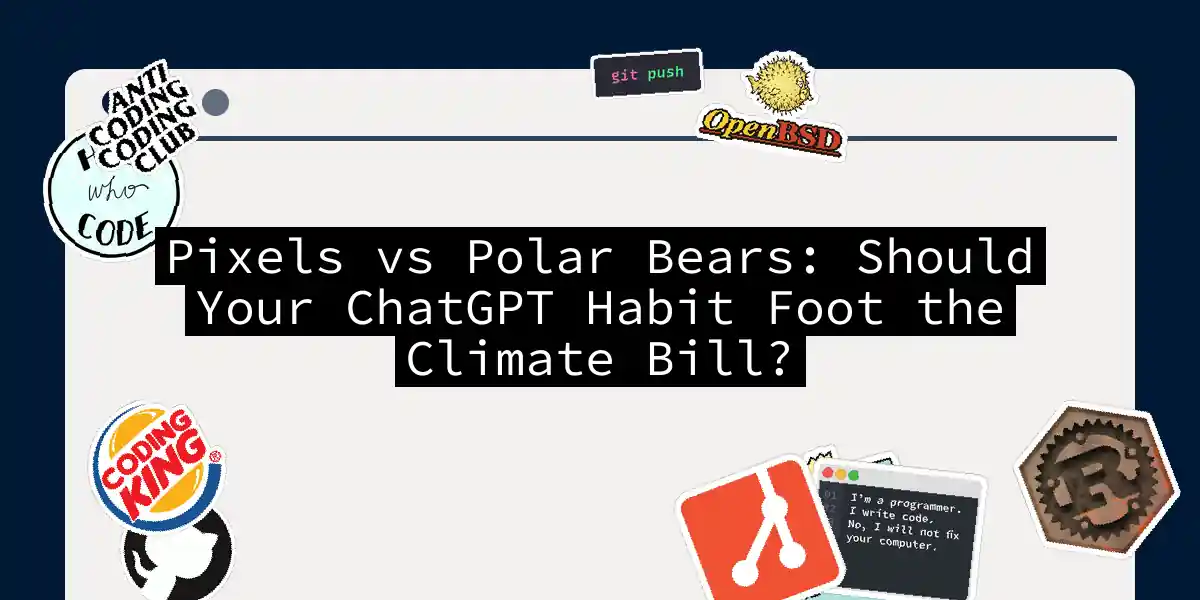
Should Developers Be Required to Audit Their Code's Carbon Footprint?
Every millisecond your code runs, it’s not just consuming electricity—it’s contributing to the computational carbon footprint that’s becoming as real and measurable as the gas pumped into a car. Yet here’s the twist: most developers couldn’t tell you their code’s carbon output if their deployment depended on it. We’ve obsessed over performance metrics, security audits, and code quality for decades, but carbon emissions? That’s somehow remained in the shadows, treated like an environmental problem that belongs to someone else’s desk....



